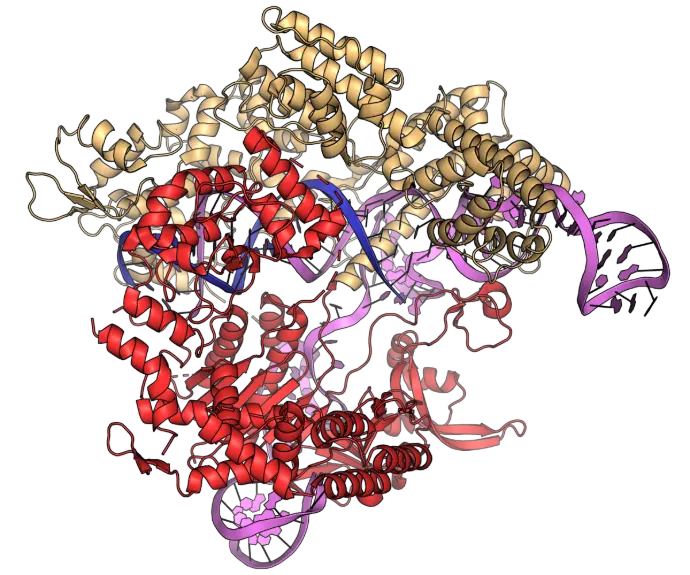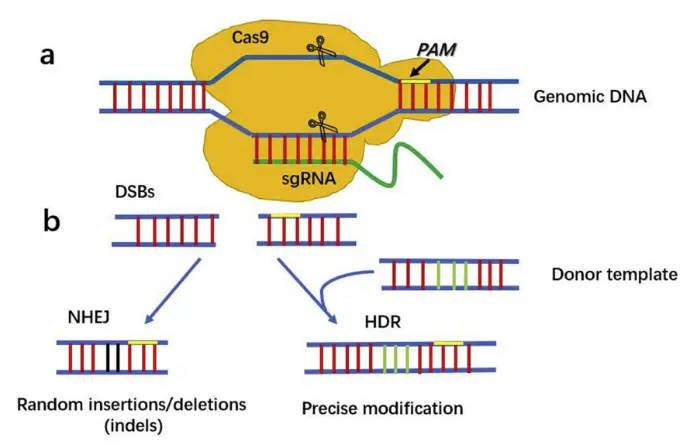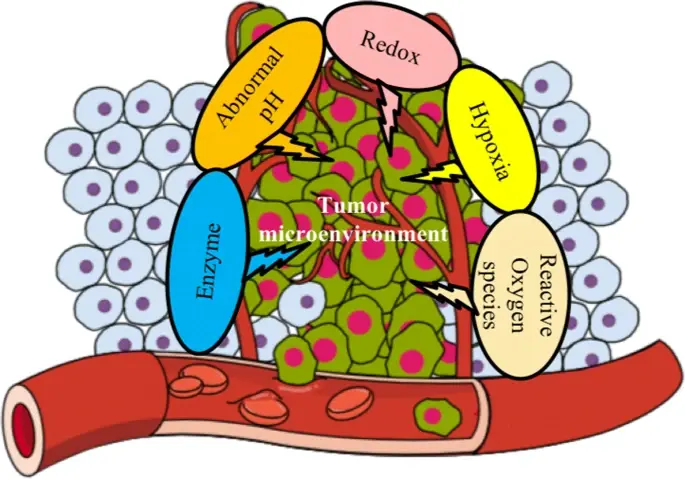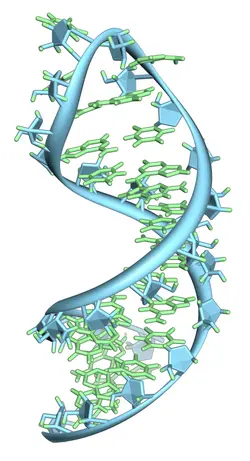Scworkshops
"Revolutionizing Cancer Care Through Science and Innovation "
Cancer is one of the greatest health challenges of our time, affecting millions of lives across the globe. At scworkshops, we believe innovation is the key to breaking the cycle of suffering. Our mission is to transform cancer care through science by embracing cutting-edge technologies, advancing early detection, and personalising treatment for every patient. We’re not just imagining a better future for cancer we’re building it. Explore how we’re making the difference.
Our Innovations: What We’re Doing Differently
Targeted therapies represent a revolutionary approach in cancer treatment by using advanced technologies such as nanoparticles, gene editing tools like CRISPR, and antibody-drug conjugates. These therapies work by precisely identifying and attacking cancer cells while minimising damage to healthy tissues.
At our company, we are deeply invested in researching and developing these cutting-edge targeted therapies, with the goal of bringing safer and more effective cancer treatments to patients worldwide.

Cancer Today: Challenges We Face
Cancer continues to be one of the most complex and devastating diseases of our time. Many patients are still diagnosed at advanced stages, when treatment options are limited and less effective. Even when treatments are available, they are often aggressive, leading to severe side effects that impact both physical and mental well-being. While breakthroughs like immunotherapy and precision medicine offer hope, access to these innovations remains unequal often restricted by geography, cost, or lack of infrastructure.
At the same time, the emotional and financial toll on patients and their families is immense. Navigating cancer care can feel overwhelming and impersonal, especially when treatments are not tailored to the individual. Despite major advances in science, too many lives are still lost because of late detection and outdated approaches. That’s why we are committed to innovation not just in science, but in the way care is delivered. We believe it’s time to bridge the gap between what’s possible in the lab and what’s available in real life.
To truly overcome these challenges, the future of cancer care lies in innovative therapies that precisely target tumors while minimizing harm to healthy tissues. Among the most promising approaches are targeted therapies using nanoparticles, gene editing techniques like CRISPR, and antibody-drug conjugates each designed to attack cancer with greater accuracy and fewer side effects.
Nanoparticles
Nanoparticles are tiny, engineered particles designed to deliver cancer-fighting drugs directly to tumor cells with remarkable precision. Thanks to their incredibly small size and customizable surfaces, nanoparticles can travel through the bloodstream and specifically target tumors while avoiding healthy tissues. This targeted delivery enhances the effectiveness of chemotherapy by concentrating the drug where it’s needed most, reducing harmful side effects that often result from traditional treatments. By improving drug accuracy and minimising damage to healthy cells, nanoparticles represent a major step forward in making cancer therapy safer and more effective.
CRISPR Gene Editing
CRISPR is a powerful gene-editing technology that allows scientists to modify DNA with extreme precision. In cancer therapy, CRISPR offers the potential to correct or disable the faulty genes that drive tumor growth. For example, researchers can use CRISPR to deactivate genes that allow cancer cells to multiply uncontrollably or to make them more responsive to treatment. Unlike traditional therapies that treat symptoms of cancer, CRISPR targets the root causes at the genetic level. This opens the door to highly personalized treatments, tailored to the unique genetic makeup of each patient’s cancer. Though still under development in many areas, CRISPR holds tremendous promise for the future of precision oncology.
Antibody-Drug Conjugates (ADCs)
Antibody-drug conjugates (ADCs) are an innovative class of cancer treatments that combine the targeting ability of antibodies with the potent killing power of chemotherapy drugs. Think of them as “smart bombs” for cancer: the antibody component is engineered to recognise and bind to specific markers found almost exclusively on the surface of cancer cells. Once the ADC binds to its target, it is absorbed by the cancer cell, where it releases its toxic drug payload killing the cell from the inside out. This precise delivery means that healthy cells are largely spared, dramatically reducing the side effects commonly seen with traditional chemotherapy. ADCs are especially promising for aggressive or hard-to-treat cancers that express unique surface proteins. At scworkshops, we are deeply interested in the development and improvement of ADC technology as part of our mission to bring safer, smarter cancer treatments to patients who need them most.
Beyond Targeted Therapies: Exploring the Next Frontiers
RNA-Based Therapies
RNA-based therapies are an exciting frontier in cancer treatment that leverage the cell’s natural machinery to fight disease at the molecular level. These therapies use molecules like messenger RNA (mRNA) and small interfering RNA (siRNA) to instruct cells to produce therapeutic proteins or silence harmful genes driving cancer growth. Inspired by the rapid success of mRNA vaccines during the virus pandemic, RNA technologies offer a flexible and fast approach to developing personalized cancer treatments. Unlike traditional drugs, RNA therapies can be quickly designed to target specific mutations or cancer types, making them highly adaptable. As research advances, RNA-based treatments hold great promise to complement existing therapies by providing new ways to halt tumor progression and improve patient outcomes.
Early Detection & Liquid Biopsies
Early detection remains one of the most powerful tools in the fight against cancer. When diagnosed in its early stages, cancer is often more treatable and less likely to spread. Traditional detection methods, however, can be invasive, costly, or miss tumors in their earliest phases. That’s where liquid biopsies come in—an innovative, non-invasive technology that analyzes a simple blood sample to detect tiny fragments of tumor DNA circulating in the bloodstream. These tests can identify cancer-related mutations, monitor treatment response, and even detect relapse before symptoms appear. Combined with AI and advanced genomic analysis, liquid biopsies are making it possible to diagnose cancers earlier, faster, and more accurately than ever before. This breakthrough is not only improving survival rates but also reducing the need for aggressive interventions by catching cancer before it becomes life-threatening.




